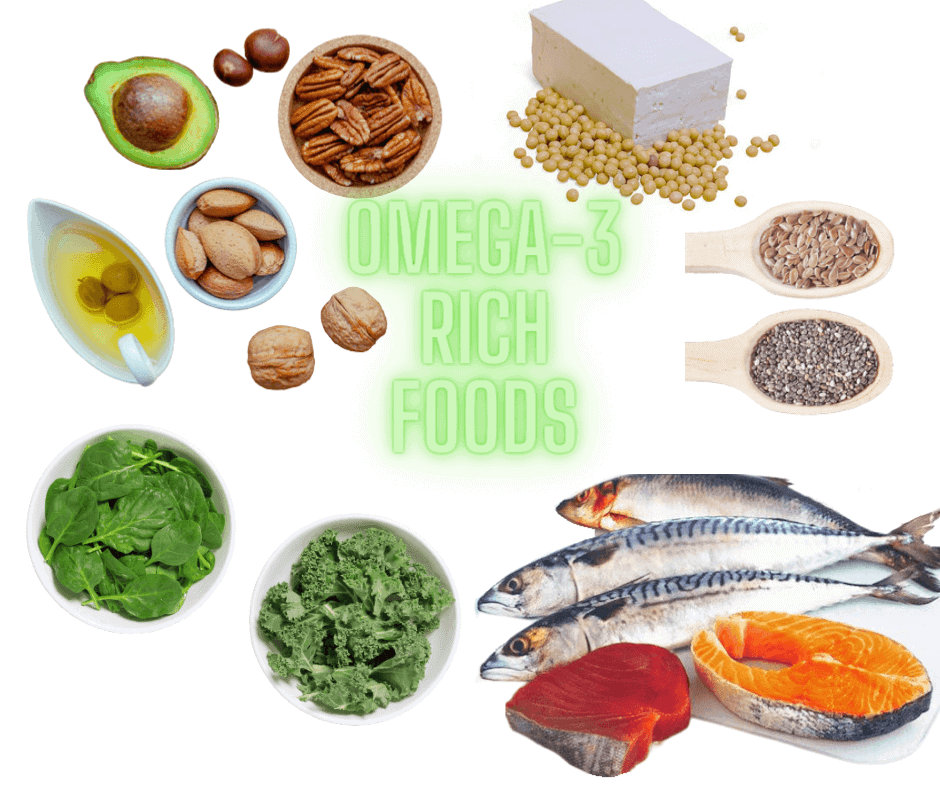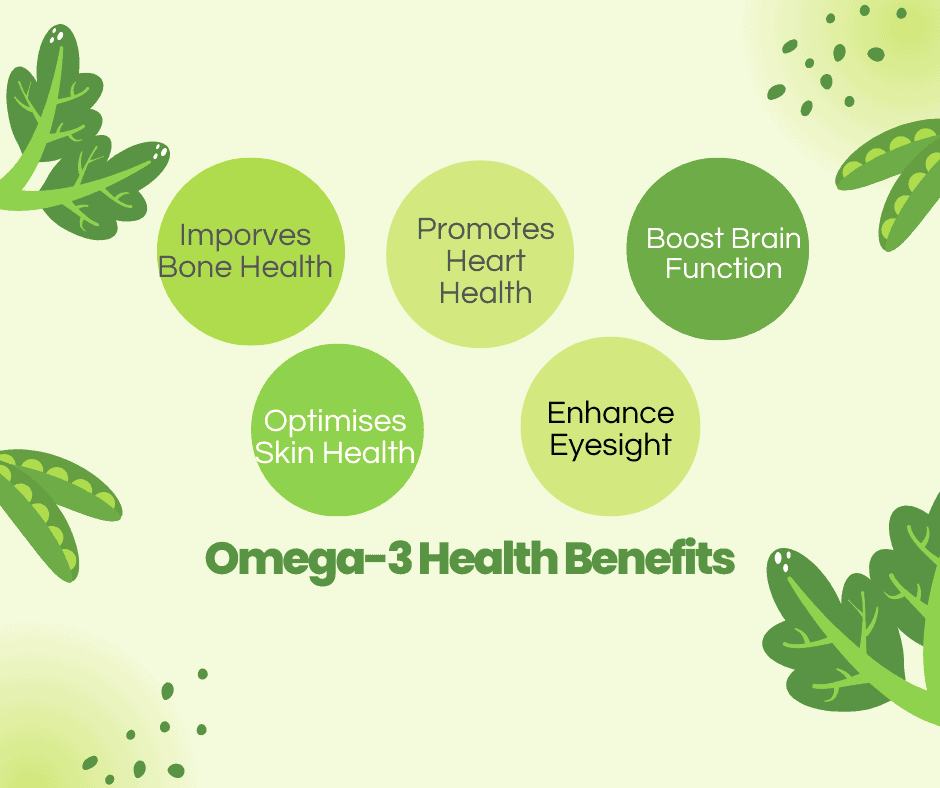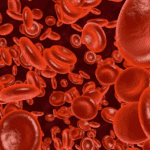Omega-3 fatty acids are a type of polyunsaturated fatty acid that is essential for our health. Our bodies cannot produce these fatty acids, so we need to get them from our diet or supplements. In this blog, we will explore what omega-3 fatty acids are and why they are essential. We also get to know how you can incorporate them into your diet.
What are Omega-3 Fatty Acids?
Omega-3 fatty acids are a type of unsaturated fat that is present in certain foods. There are three main types of omega-3 fatty acids:
- alpha-linolenic acid (ALA),
- eicosapentaenoic acid (EPA), and
- docosahexaenoic acid (DHA).
Flaxseeds, chia seeds, and walnuts are good plant sources of ALA. While fatty fish such as salmon, tuna, and sardines are rich in EPA and DHA.
Why are Omega-3 Fatty Acids Important?
Omega-3 fatty acids have many health benefits. They are important for brain health. Also, they can help reduce the risk of cognitive decline and dementia. These fatty acids tend to reduce inflammation in the body. It helps lower the risk of chronic diseases such as heart disease and arthritis. Apart from this, omega-3 fatty acids are important for eye health, as DHA is a major component of the retina.
Omega-3 Fatty Acids for Kids
Omega-3 fatty acids are essential for children’s growth and development. They are particularly important for brain development and can help improve cognitive function. Children can get omega-3 fatty acids from fatty fish such as salmon. But if they are picky eaters, then you may consider a fish oil supplement. Please, talk to your child’s paediatrician before starting them on any new supplements.
A study shows that food supplements containing multiple micronutrients and omega-3 fatty acids improved growth and cognitive performance, particularly in the domains of attention and memory, suggesting that omega-3 fatty acids may have beneficial effects on cognitive development in children.
Omega-3 Fatty Acid Rich Foods
To get more omega-3 fatty acids in your diet, try incorporating the following foods:
- Fatty fish such as salmon, tuna, and sardines
- Flaxseed and chia seeds
- Walnuts and almonds
- Soybeans and tofu
- Spinach and kale

Omega-3 Fatty Acid Supplements
If you are not able to get enough omega-3 fatty acids from your diet, you may want to consider taking a supplement. Fish oil supplements are a popular option. You can find it at most health food stores. Make sure to choose a high-quality supplement that has been tested for purity and potency.
Also, we will learn to increase the absorption of Omega-3 Fatty Acids in our body, later in this blog.
How to increase the absorption of Omega-3 Fatty Acids?
So, after knowing the benefits of Omega-3 fatty acids you may have a doubt about its absorption in the body, right?
Here are some ways to increase Omega-3 Fatty Acids absorption in the human body:
Consume Omega-3 Fatty Acids with a Meal: Omega-3 fatty acids are best absorbed when consumed with a meal that contains some fat. This is because the fat in the meal helps to transport the omega-3 fatty acids in the digestive tract. Hence it increases the absorption through the intestinal wall into the bloodstream.
- Consider Fermented Foods:
- Choose High-Quality Omega-3 Supplements:
- Reduce Omega-6 Intake:
- Increase Physical Activity:
- Avoid Alcohol:
Let us discuss these health tips below:
Consider Fermented Foods:
Fermented foods contain beneficial bacteria that can improve gut health. This can enhance nutrient absorption, including omega-3 fatty acids. Hence, you may consider adding sauerkraut, kimchi, and kefir to the diet.
Choose High-Quality Omega-3 Supplements:
Not all supplements are equal when it comes to manufacturing. So it is important to choose a high-quality supplement that is well-tested for purity and potency. Look for supplements that contain a high concentration of EPA and DHA, the two most important omega-3 fatty acids.
Reduce Omega-6 Intake:
Omega-6 fatty acids compete with omega-3 fatty acids for absorption in the body. Consuming too many omega-6 fatty acids can decrease the absorption of omega-3 fatty acids. Processed foods, vegetable oils, and fried foods contain Omega-6 fatty acids. Hence, reducing the intake of these foods can improve omega-3 fatty acid absorption
Increase Physical Activity:
Regular exercise can improve blood flow and circulation. This can help improve nutrient absorption, including omega-3 fatty acids.
Avoid Alcohol:
Consuming alcohol can interfere with the absorption of omega-3 fatty acids in the body. If you are trying to increase your omega-3 fatty acid intake, it’s best to limit alcohol consumption.
By following these tips, you can help enhance the absorption of omega-3 fatty acids in your body. It will also help to reap many health benefits associated with essential fatty acids.
In conclusion, omega-3 fatty acids are an important part of a healthy diet. They offer numerous health benefits and can be found in a variety of foods. If you are not able to get enough omega-3 fatty acids from your diet, consider taking a supplement. Remember to talk to your healthcare provider or veterinarian before starting any new supplements.









1 thought on “Omega-3 fatty acids: How important for a healthy body?”